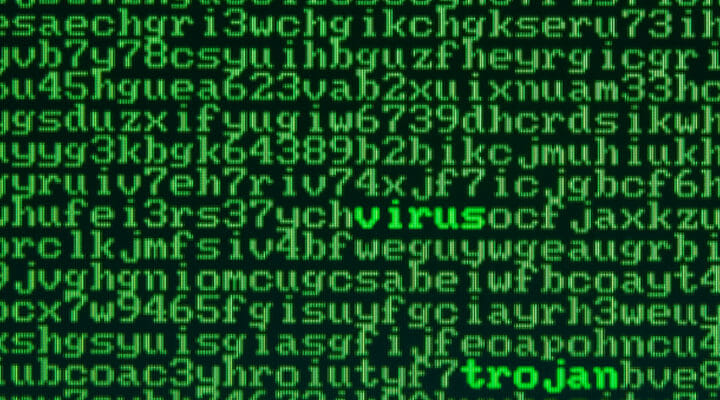U.S. Treasury Secretary Jack Lew was in China last week to talk with officials about economic issues, including how cybersecurity has become a top U.S. priority.
Meeting with Chinese President Xi Jinping and Premier Li Keqiang, Lew expressed concerns over recent cyber attacks on U.S. businesses and banks, which some say was the work of Chinese state-sponsored hackers.
“There was no mistaking how seriously we take this issue,” Lew said in a briefing with reporters following his meeting with the Chinese officials, according to The Wall Street Journal.
“It was clear from the discussions that China has made a serious commitment to their reform agenda,” he said, regarding the country’s new leadership. “The challenge will be to drive forward toward material progress.”
Meanwhile, a group of hackers thought to be part of China’s military have reportedly shut down their cyber attack operations.
Speaking at a Senate Armed Services Committee subpanel briefing last week, Richard Bejtlich, chief security officer of Mandiant, said the hackers associated with spying on U.S. networks have taken recent measures to cover up their tracks and halt the hacking.
“We’ve seen them try to clean up some of their online presence,” said Bejtlich, according to The Hill. “Some of the public databases that we or other security researchers can use to identify them, they’ve changed some of those entries.”
“I think this whole group just went bye-bye for now,” added Mandiant CEO Kevin Mandia, following the briefing. He went on to suggest the hackers were “pilfering every PDF, Word document, PowerPoint…related to the other projects that they’re interested in.”
But China’s networks are also under attack, according to a new report released by the country’s National Computer Network Emergency Response Technical Team (CNCERT).
Over the course of one year, the CNCERT report found that hackers breached over 16,000 web pages in China, including nearly 2,000 websites associated with the government, according to Chinese news agency Xinhua.
Pointing fingers back at the United States, the report suggested that over 80 percent of the hacking could be attributed to U.S.-based IP addresses.
“China resolutely opposes hacking of any form and would like to communicate with the United States on cyberspace security in a constructive way,” China’s Foreign Ministry spokeswoman Hua Chunying told Xinhua.



